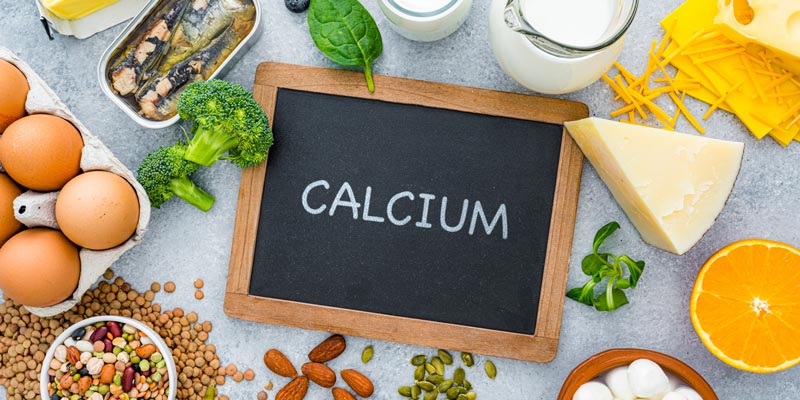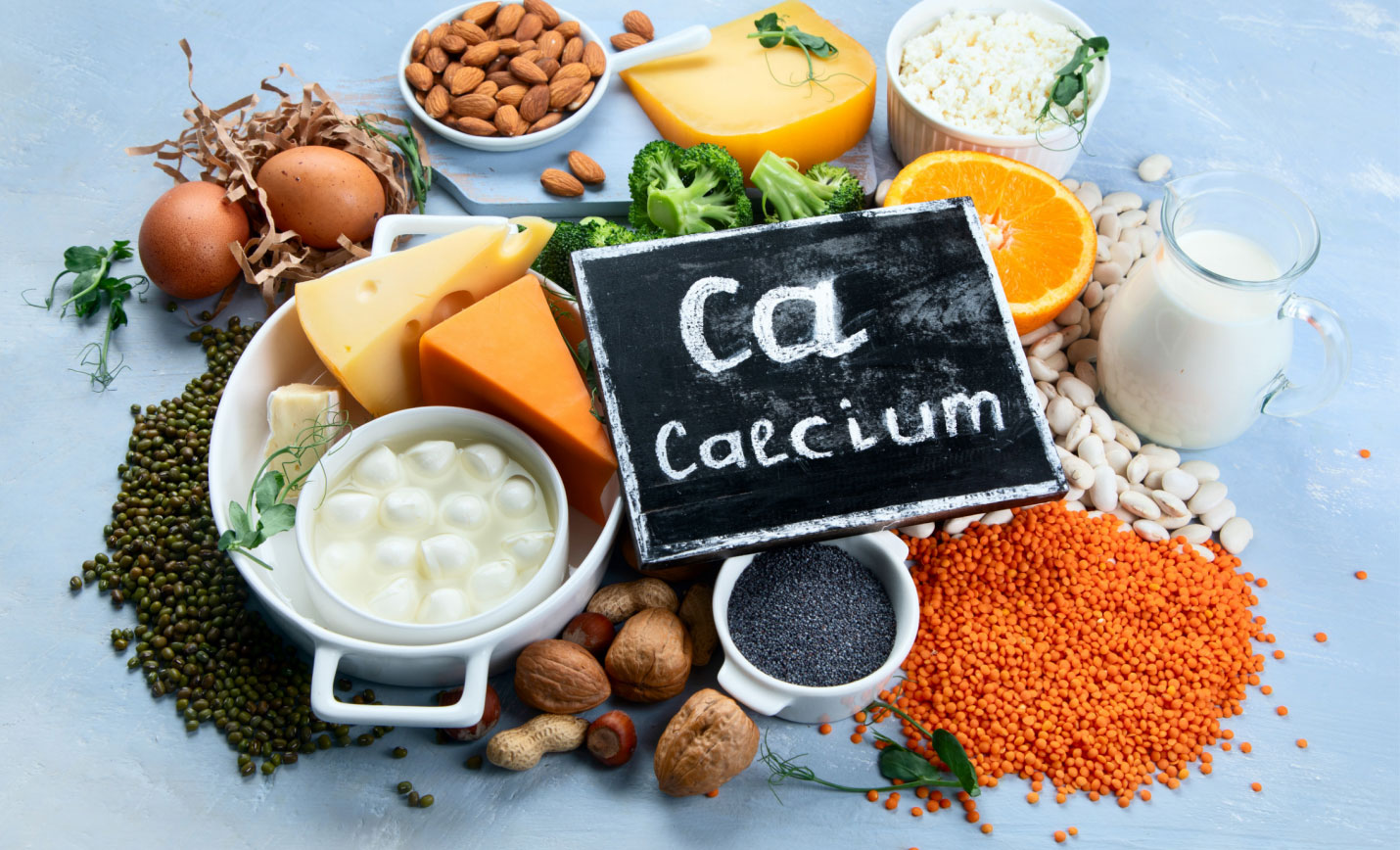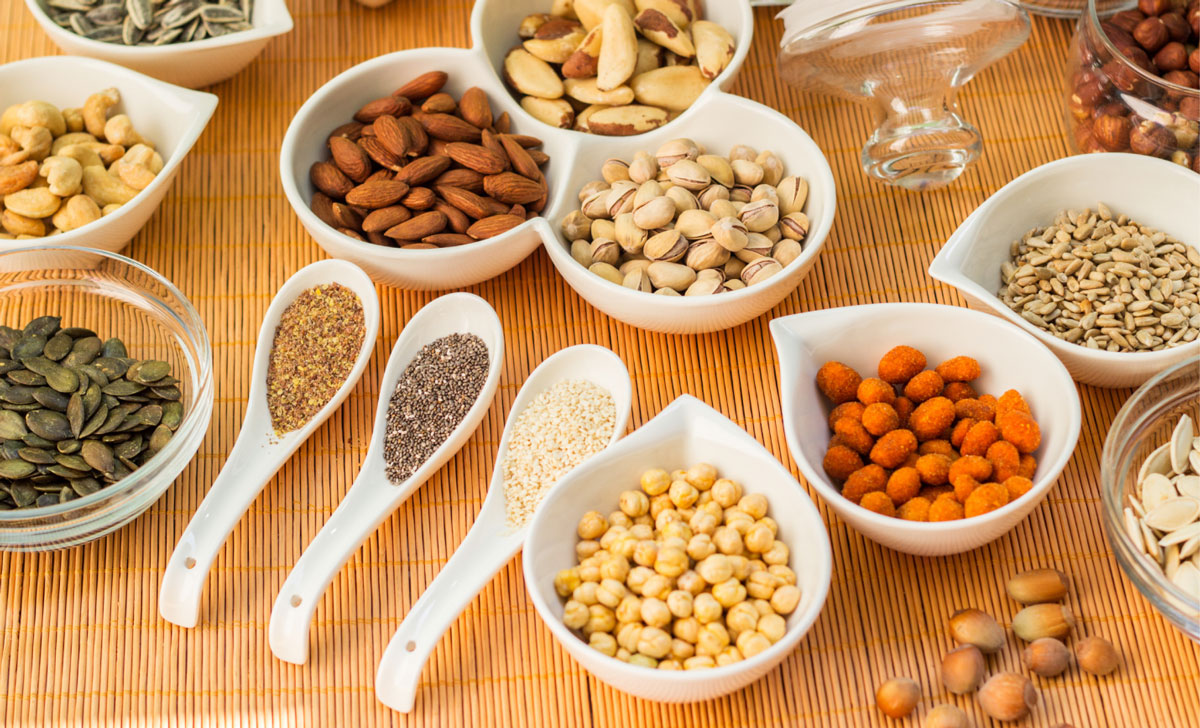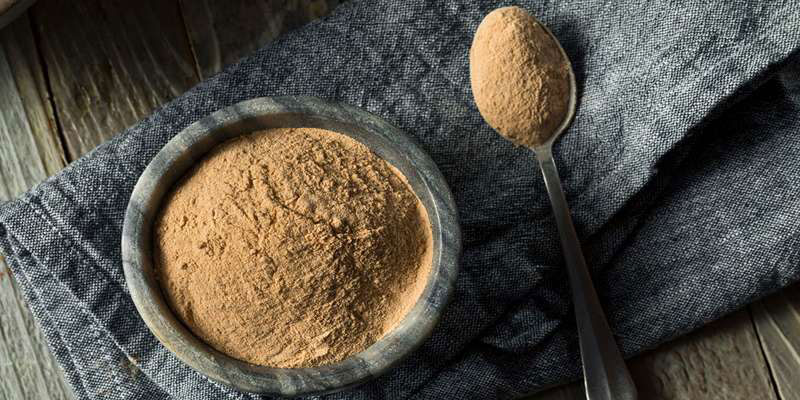
Calcium is essential for maintaining strong bones and teeth, nerve function, and muscle action. It is widely assumed that the only good sources of calcium are dairy products such as milk. That, however, is not the case. Many non-dairy products/foods are also rich sources of calcium, and you can obtain enough calcium by adding them to your diet.
In this blog post, we'll look at the top calcium-rich foods that can help you achieve your calcium requirements, but most of them are non-dairy.
Here is a list of top-calcium-rich foods!
1. Sardines
These little fish are high in calcium and other minerals. A can of sardines (around 92 grams) includes 325 mg of calcium, which accounts for more than 30% of your daily calcium requirements. They're also high in omega-3 fatty acids and protein.
2. Kale
Kale is a superfood filled with various essential vitamins and minerals, including calcium. One cup of raw kale contains 55 mg of calcium. It's also rich in vitamin K, which plays a role in bone health.
3. White Beans
These beans may not be as popular as black beans or chickpeas, but they're rich in calcium. One cooked cup of white beans contains 179 mg of calcium and provides 12℅ of the daily percentage. They're also packed with other nutrients, such as iron and fiber.

4. Broccoli
It's not just a favorite vegetable for its taste; broccoli is also excellent for bone health, containing 42 mg of calcium per 100-gram serving. Moreover, broccoli is a high source of vitamins C and K, A, and folate.
5. Spinach
Spinach is another leafy green vegetable that is rich in calcium. One cup of cooked spinach contains about 245 milligrams of calcium, providing 24% of the daily calcium requirements.
6. Almonds
This nut is well-known for its calcium content, beneficial fats, and protein. Almonds provide 75 mg of calcium per quarter-cup serving, accounting for approximately 6-7% of the required daily. They're also high in vitamin E and magnesium.
7. Oranges
Apart from their vitamin C content, oranges also contain some calcium. One medium-sized orange contains around 52 mg of calcium, while a large-sized one contains 74 mg. Additionally, oranges are a great source of fiber and vitamin A.
8. Tofu
Tofu is an excellent alternative to meat (and dairy) with a high protein and calcium content. Half a cup of tofu contains 126 mg of calcium, about 66% of the recommended intake. It's also an excellent source of iron and magnesium.
9. Edamame
Edamame is fresh soybeans, an excellent calcium, fiber, and protein source. One cup of cooked edamame contains about 155 milligrams of calcium, which is about 8- 10% of the daily volume intake.
10. Salmon
Besides being rich in omega-3 fatty acids, this fish also contains calcium. Three ounces of canned salmon with bones contain around 250 mg of calcium. Salmon is also a source of vitamin D, which helps the body absorb calcium.
11. Chia Seeds
Chia seeds are a great source of calcium, and just one tablespoon contains 77 mg of calcium. They're also loaded with fiber and essential fatty acids.
12. Blackstrap Molasses
This sweetener is loaded with calcium; two tablespoons of blackstrap molasses contain around 400 mg of calcium. It's also a great source of iron and potassium.
13. Bok Choy
This vegetable is a part of the cabbage family and a great source of calcium. One cup of cooked Bok choy contains 158 mg of calcium, which fulfill the 16℅ daily prescribed intakes. It's also filled with vitamins A and C.
14. Beans and lentils
Beans and lentils are known for their high nutritional value, including being rich in fiber, protein, zinc, and iron. They also provide calcium, with garbanzo, navy, kidney, and white beans top among the choices. A cup of cooked navy beans has 126 mg of calcium, which makes it an excellent addition to soups, chili, or salads.
15. Seeds and Nuts
Seeds and nuts are not only delicious but also pack a lot of nutrients, including calcium. Sesame seeds provide the most calcium among the group, with just one ounce containing 280 mg of calcium. Poppy seeds offer 127 milligrams of calcium per tablespoon (9 grams), 10% of the Daily Value. You can sprinkle them on salads or add them to your smoothies. Other good sources of calcium include almonds, chia seeds, and Brazil nuts.

16. Fortified Foods
Foods are considered fortified when nutrients are added to them that either isn't present in the food naturally or are in insufficient amounts. Certain breakfast cereals, soy milk, and tofu are a few examples of fortified foods. Fortified plant-based milk, such as soy, almond, or oat, can provide anywhere from 300 mg to 500 mg of calcium per 8-ounce serving.
17. Milk
You may get calcium from various foods, but milk is one of the most incredible and accessible options. A cup of cow's milk, or 237 mL, contains between 306 and 325 mg of calcium, depending on whether it is whole or nonfat. The calcium content of goat's milk is even higher, with 327 milligrams per cup. Dairy products also have a high calcium absorption rate. Milk also contains protein and is an effective source of vitamins A and D.
18. Figs
Figs are delicious and nutritious fill fruit that are rich in calcium. One dried fig contains about 13 milligrams of calcium, which may not seem much. But a serving size of eight figs provides about 241 milligrams of calcium.
Conclusion
Calcium is an essential nutrient that benefits your bones, teeth, muscles, and overall health. While dairy products are often considered the primary source of calcium, many plant-based and non-dairy foods also offer incredible amounts of calcium. Not only that, but some of these non-dairy calcium-rich foods also provide additional benefits, such as fiber, protein, vitamins, and minerals. So, by incorporating these foods into your diet, you can ensure that you are getting enough calcium to support your overall health and well-being.
-
Recommended Reading
 Debunking Myths: Dermatologists Address if Psoriasis is Contagious
Debunking Myths: Dermatologists Address if Psoriasis is Contagious Discover the amazing benefits of Lucuma powder and how it can improve your health. Learn what this superfood offers and why you should add it to your diet today.
Discover the amazing benefits of Lucuma powder and how it can improve your health. Learn what this superfood offers and why you should add it to your diet today. Ovarian Cancer: A Sneaky Silent Killer
Ovarian Cancer: A Sneaky Silent Killer Psoriasis: Examining the Underlying Causes
Psoriasis: Examining the Underlying Causes